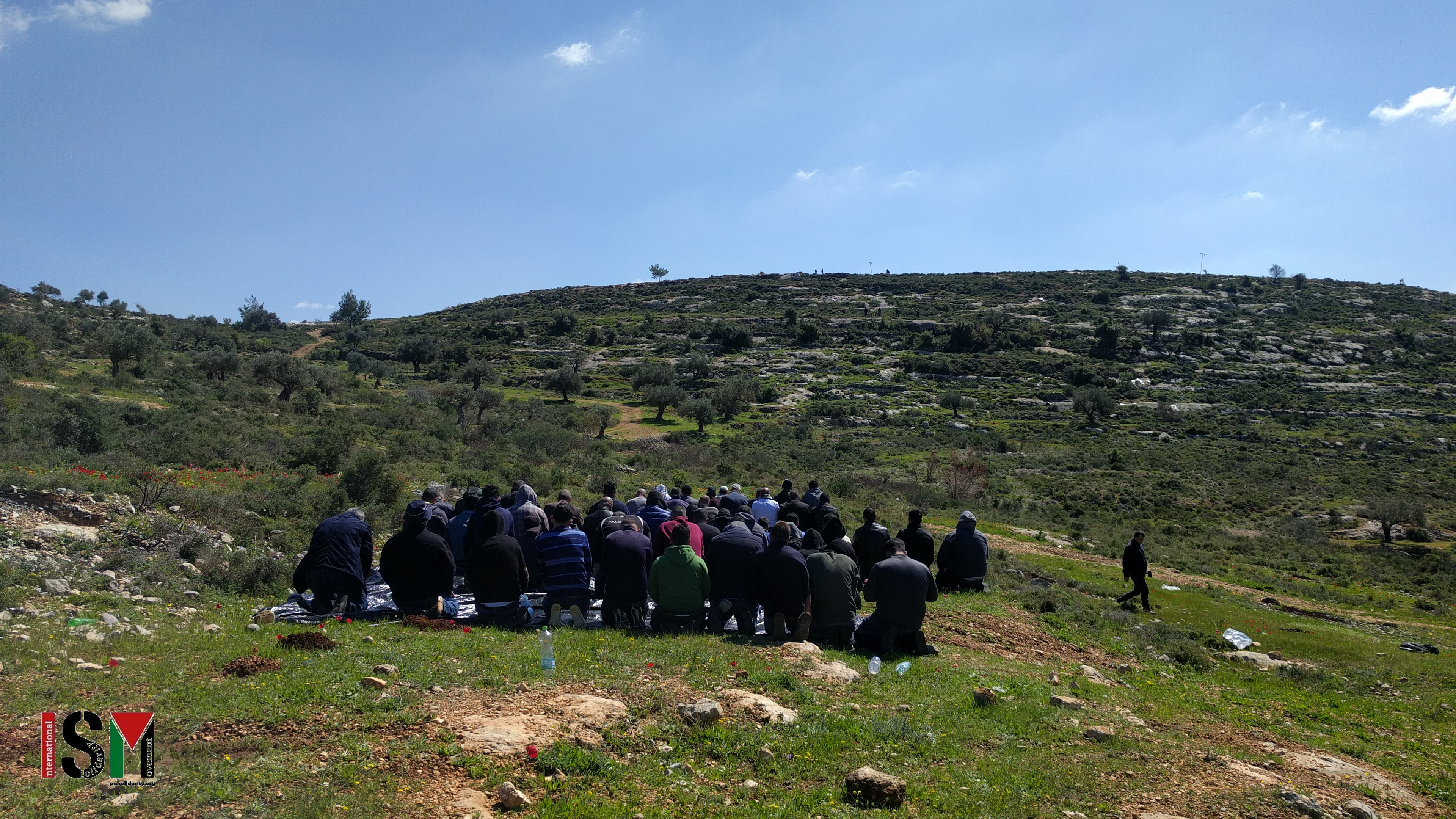Tag: Settlement
-
South Hebron Hills: Settlers wielding sticks launch night attack on Palestinian home
June 17, 2019 | International Solidarity Movement | South Hebron Hills, occupied Palestine Settlers bearing sticks from the notorious Havat Maon illegal outpost tried to attack a Palestinian home two nights ago in the village of At-Tuwani, South Hebron Hills – the latest in a stream of attacks against the same home. The Zionist attackers…
-
Prayers end with tear gas in Ras Karkar
March 8, 2019 | International Solidarity Movement, Al-Khalil team | Ras Karkar, occupied Palestine This Friday, the inhabitants of the villages around Mount al-Risan–where an outpost has been established by illegal settlers on Palestinian land–gathered for a day of peaceful protest and prayer. As soon as the religious ritual ended, the military ritual began. Before…
-
On beauty in Al-Khalil
February 2019 | International Solidarity Movement, Al-Khalil team | Hebron, occupied Palestine I have spent about 30 days in Al-Khalil this year. A short stay by ISM standards, and nothing compared to the tens of thousands of people who call this place home. Despite this, I already feel that the city has got under my…


